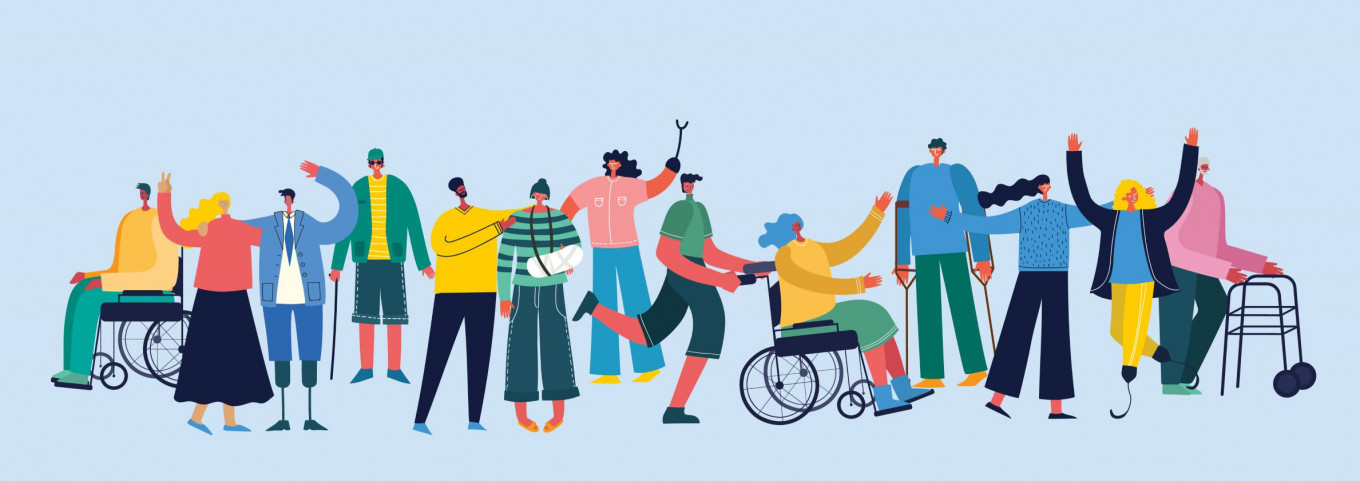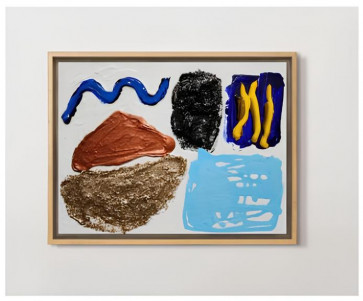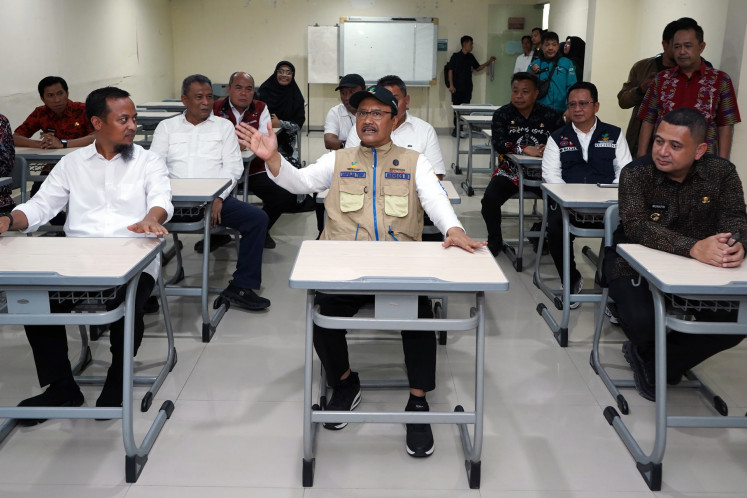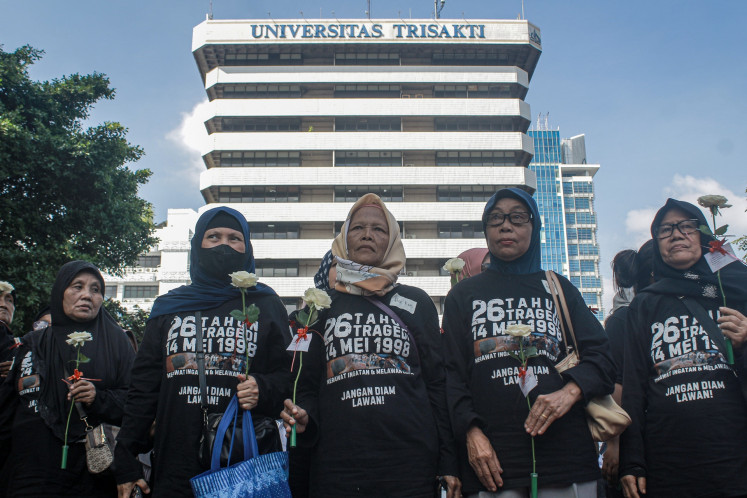Is celebrating Disability Pride Month possible in Indonesia?
Certain purportedly religious ideas that disabilities represent sin, punishment from God or a lack of faith exacerbate the struggles of Indonesians with disabilities.
Change text size
Gift Premium Articles
to Anyone

F
or people with disabilities in the United States, July is celebrated annually as Disability Pride Month. Before it became a month, there was a Disability Pride Day in Boston that began in 1990. In 2015, July was declared Disability Pride Month to commemorate the 25th anniversary of the Americans with Disabilities Act (ADA).
I was amazed when I first learned about Disability Pride Month. Celebrating disability as source of pride can seem strange, as many consider disabilities a form of inferiority. Such pride may even be nearly impossible for people with disabilities other countries such as Indonesia.
As a person with a disability, I reflect on how difficult it is to be proud of my disability in the Indonesian context. That’s why, perhaps, I could not find any Instagram post by Indonesians on disability pride month. While some Indonesians posted about Lesbian, Gay, Bisexual and Transgender (LGBT) Pride Month in June, there has been little to no acknowledgement of July’s Disability Pride Month in the country.
I have found at least four reasons why Disability Pride Month is unlikely to gain traction in Indonesia.
First, disability is still generally considered a state of inferiority. The approach to disabilities follows a medical model in which disability is "damage" that needs to be "repaired", or a charitable model, wherein pity drives people to donate.
On top of that, certain purportedly religious ideas that disabilities represent sin, punishment from God or a lack of faith exacerbate the struggles of Indonesians with disabilities.
Second, disability is only understood as a physical incapacity, while many forms of disability are not physically visible. On the contrary, invisible or hidden disabilities are rarely considered disabilities at all. Therefore, much-needed accommodations are often denied.
For example, people with intellectual, learning or mental disabilities are often subject to the normative standards of the dominant culture – able-bodied standards. This ableist standard enforces what is known as a normate culture on people with invisible or hidden disabilities because they do not appear disabled enough.
The term "normate culture" was coined by Rosemarie Garland-Thomson, a disability scholar, to explain the dominant culture constructed and maintained by the temporarily able-bodied and imposed on people with disabilities.
The third impediment is a lack of access for Indonesians with disabilities to information and media. Although some people with disabilities have the privilege of enjoying excellent access to information and media, most people with disabilities do not. In fact, many people with disabilities spend most of their lives in rehabilitation centers.
The question of privilege brings us to the fourth issue, that many people with disabilities in Indonesia live in isolation, either from their own families or community. People with disabilities who live in the community still experience micro-discrimination in their daily lives and macro-discrimination by the systems and institutions as constructed by the normate culture.
For example, it is common for companies to reject applicants with disabilities, and parents looking for an inclusive school with Universal Design Learning (UDL) for their children with disabilities are often only able to find it at expensive and exclusive international schools.
As a woman with a disability, I am learning to be proud to be a person with a disability. I am learning to live with the multi-layered discrimination I have to endure because I am a woman and a person with a disability. My experience might also reflect the weight of the burden on women with disabilities in Indonesia.
As a person who studies Christian theology, I am proud that my disability, my vulnerability, is the nature of creation. My religion teaches me that God became human in Jesus to prove He does not reject – but rather embraces – vulnerabilities.
Disability Pride Month is a spiritual call to question certain theological perspectives that perpetuate ableism. As an Indonesian, I am aware that what is happening in the US should not be seen as the way of the future or better than Asian culture. But I have also learned that Disability Pride Month is a transnational call to reject ableism, to open access for every person with a disability, to fight the stigma attached to persons with disabilities and to celebrate disabilities.
We are interdependent beings, which means it is impossible to be human without depending on each other. People with disabilities need to be proud of their disabilities because they depend on others and others depend on them.
To all friends with disabilities in Indonesia, let us be proud and celebrate Disability Pride Month.
***
The writer is a researcher on the theology of disabilities and a mental health advocate.









